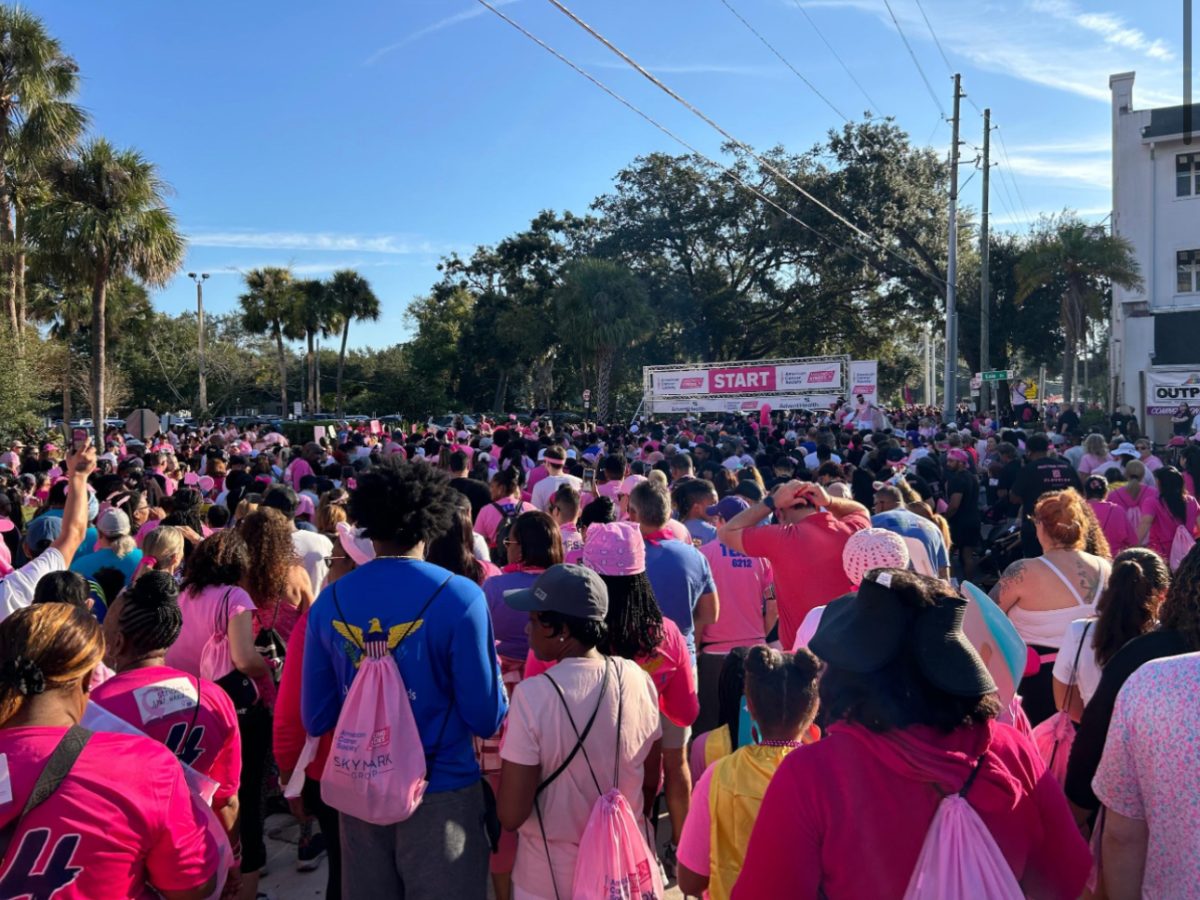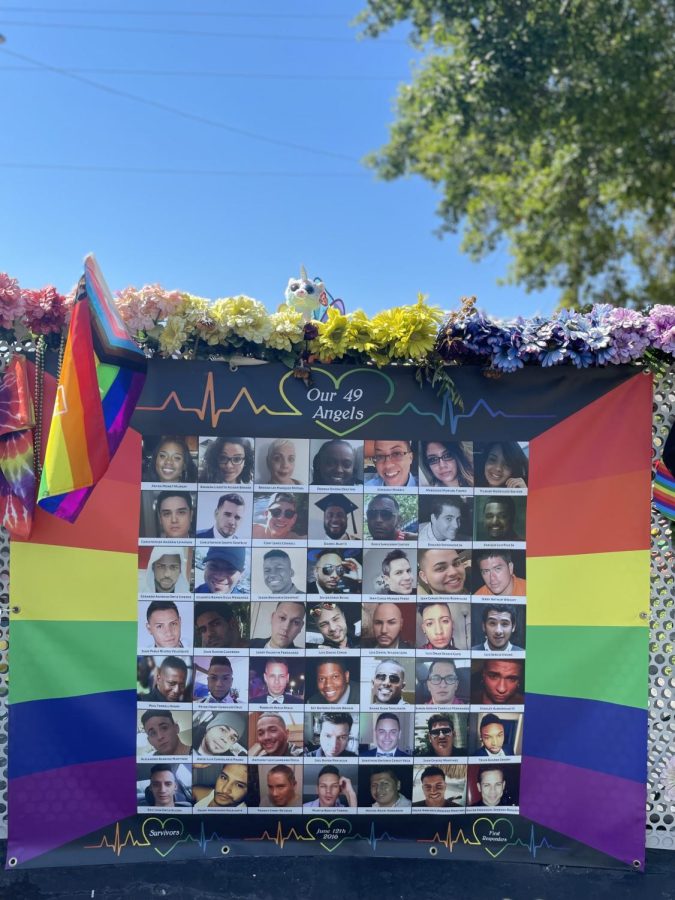What’s on your mind? What’s happening? Where are you checking in? These are just a few of the many questions that social networking sites like Facebook, Twitter, and Foursquare are constantly asking today’s youth.
Thanks to new technology, like iPads or Blackberrys, people have constant access to a global forum that allows users to intake information about their friends, family, social contacts, and even some of their favorite companies, as well as broadcast there own thoughts and feelings to the world.
Sites like these have broadened connectivity, sparked social debate, given rise to blockbuster films, and they have even been credited with helping overthrow tyranny in the Middle East. But having such an open and connected world might be as much a curse as it is a blessing.
Many people use Facebook as a form of personal expression. They post their thoughts, dreams, goals, triumphs, and failures, as well as pictures and video of themselves and their friends. While some are extremely careful to filter what they post, consider that in cyberspace there is no such thing as privacy. A great number of people post with impunity thoughts or pictures that might be embarrassing or sometimes damaging to their careers and their lives.
Students have been kicked off campuses for online rants or pictures that universities have deemed inappropriate, career applications have been denied because a quick search on Facebook revealed an embarrassing photo. Even Christopher Lee, a former republican congressman, was forced to resign his office after he posted a shirtless picture of himself in order to get a date on Craigslist.
The Internet can also be a dangerous place. Predators are constantly looking for ways to get in contact with potential victims, and social networking sites are unfortunately making it a little easier. According to CyberTipline, the nation’s hotline for reporting sexual exploitation of children, in 2010 there were 223, 374 reported cases of sexual exploitation of children, almost doubling the 2009 statistic.
The seedy underbelly of the Web is not a pretty thing to think about. While social networking does provide a good way to connect, share, broadcast and communicate there are always going to be inherent dangers. Sites like Facebook and Twitter will always be used for nefarious purposes, but that’s true about almost all technology. The advantages that these social networking sites provide vastly outweigh their detracting qualities.
A community has to communicate well to be able to function properly. Good communication can unify a group against oppression, allow business to flow in an orderly fashion, and provide a marketplace of ideas with which the world can be made better.
In the past we have used cave drawings, soapboxes, books, newspapers, telephones, letters, or television to share our ideas and beliefs. Today, thanks to social networking sites, complex and effective communication is as easy as booting up and logging in.
People will always look for new ways to connect with others; it’s a hardwired instinct ingrained within most of society, but as we seek new ways to reach out, we should always be aware of the risks involved with anyone’s open access to our personal information and the information of others. And besides, what would we do in class if we didn’t have Facebook to waste our time with?





